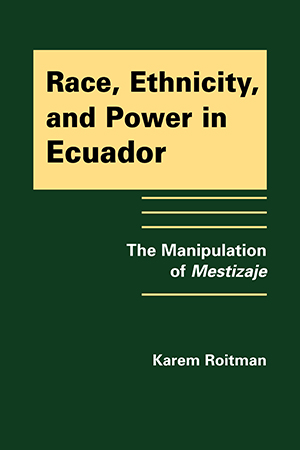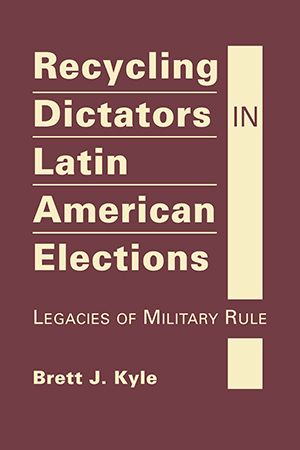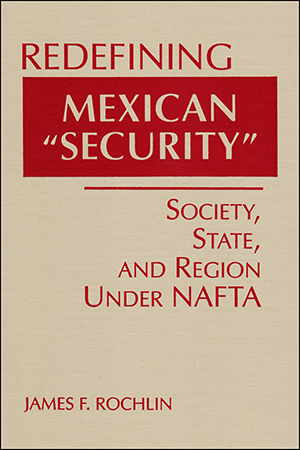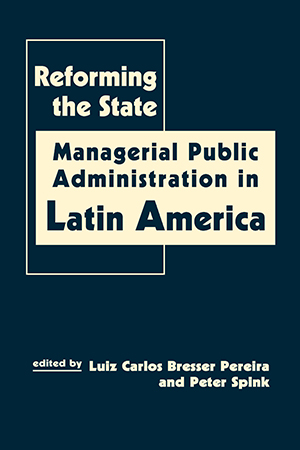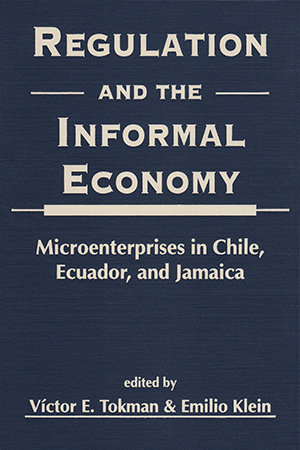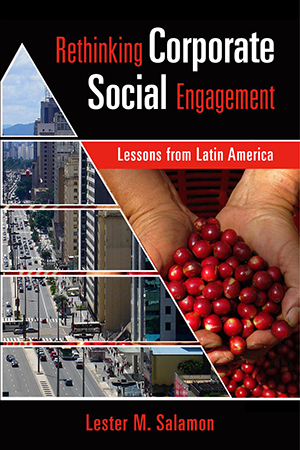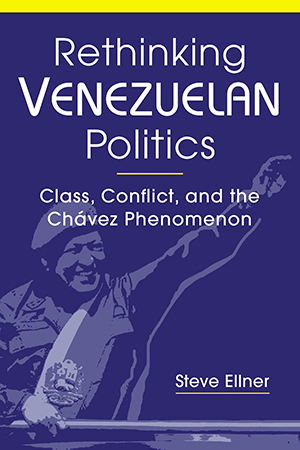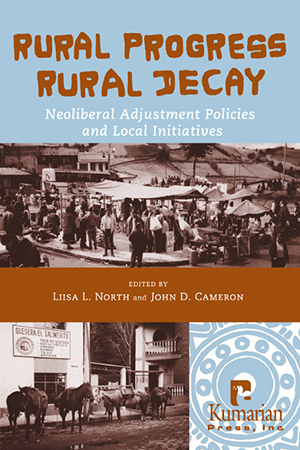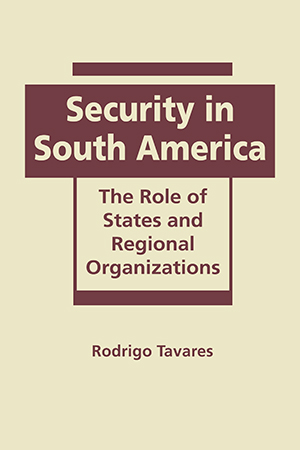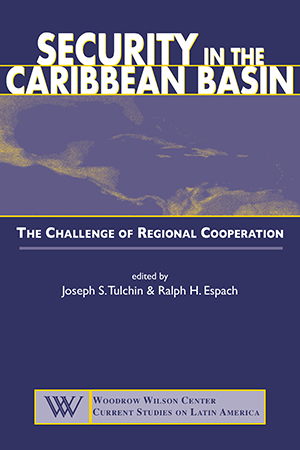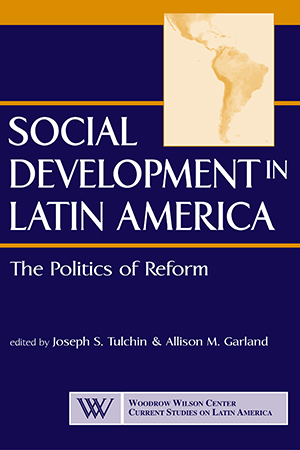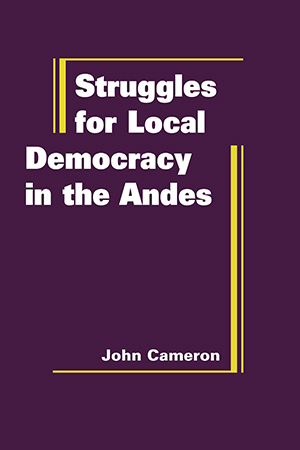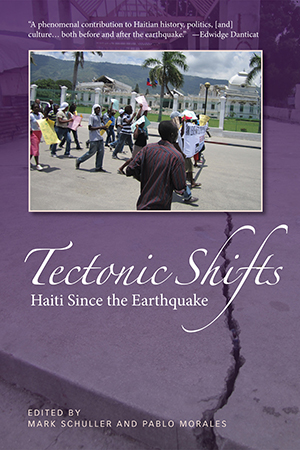Latin America and the Caribbean
How do today's Latin American elites understand and relate to ideas of power, race, ethnicity, and mestizaje? And what impact does that understanding have on the dynamics of More >
What explains the presence—and the surprising performance—of former authoritarian-regime officials in Latin American presidential elections? To answer that question, Brett J. More >
This pioneering effort to conceptualize unforeseen—and nontraditional—security issues in Mexico confronts what went unaddressed in virtually the entire debate surrounding the More >
Neoconservative proposals for a minimal state notwithstanding, it has become increasingly clear in Latin America (and elsewhere) that the state must in fact be strengthened and the civil More >
The extent to which the regulatory environment in developing countries influences the characteristics and growth potential of the urban informal sector is an issue much debated today, in More >
Lester Salamon assesses the reality behind the "corporate social engagement" hype in Latin America, examining what forms CSE is taking, how it is being implemented, why businesses More >
In this fresh look at Venezuelan politics, Steve Ellner emphasizes the central significance of the country's economic and social cleavages. Ellner's journey through modern More >
How do rural development programs, especially those run by nongovernmental organizations, cope in a time of structural adjustment programs and economical liberalization? Using Ecuador as a More >
Drawing on the experience of Projecto Seringueiro (Project Rubber Tapper), Denis Heyck reveals how a radical education experiment designed simply to bring literacy to rubber tappers in More >
What types of threats and conflicts affect the countries of South America? What roles can and should states and regional organizations play in maintaining both traditional and human security More >
Since the end of the Cold War, the security environment of the Caribbean Basin has dramatically changed from the containment of communism to a series of transnational threats—drug More >
Unlike previous books on the cocaine trade, which examine the problem through Western eyes, Snowfields looks at the drug business through the eyes of the main players in Bolivia, where the More >
While previous analyses of public-sector reform efforts in Latin America have focused largely on strategies to redefine the role of the state in the economy, there is a growing realization More >
John Cameron draws on power-based approaches to the study of democratization as he thoughtfully explores efforts by indigenous and peasant groups to gain control of local governments and More >
Tectonic Shifts offers compelling on-the-ground perspectives on the aftermath of Haiti's cataclysmic earthquake. Following a critical analysis of the country's heightened More >


